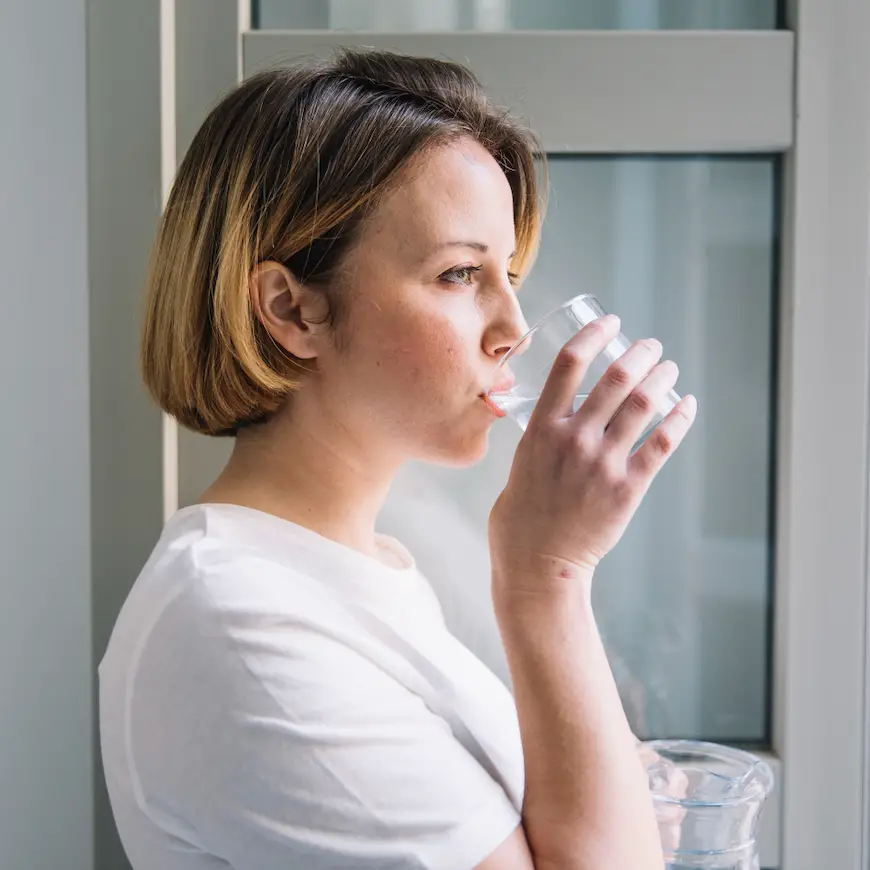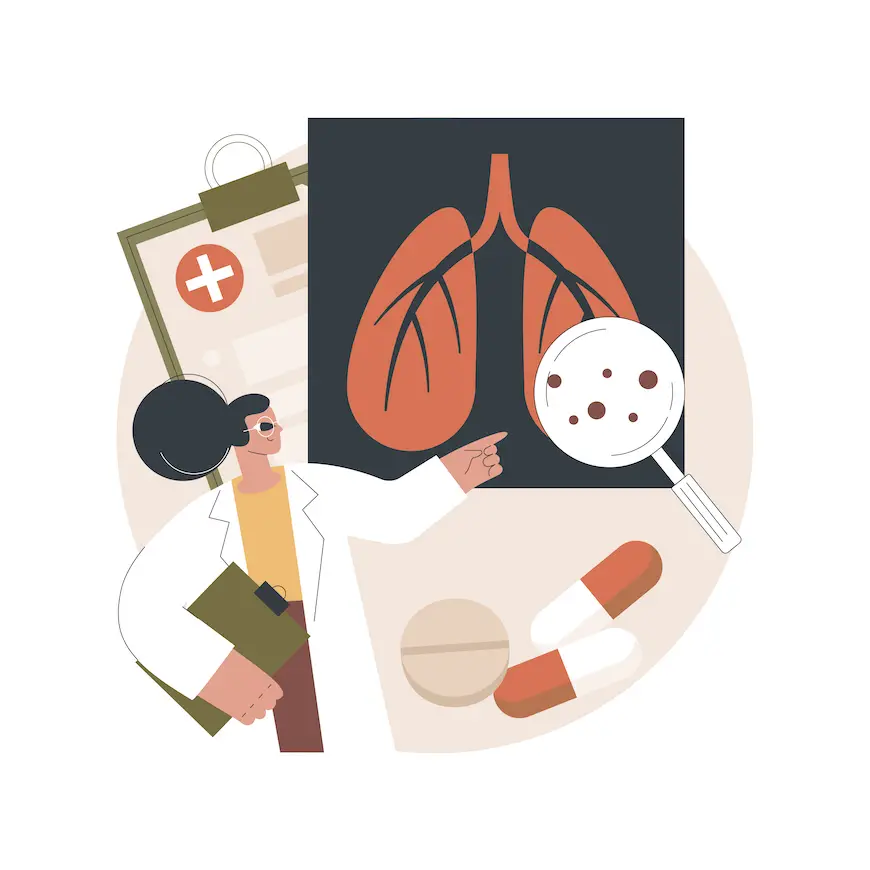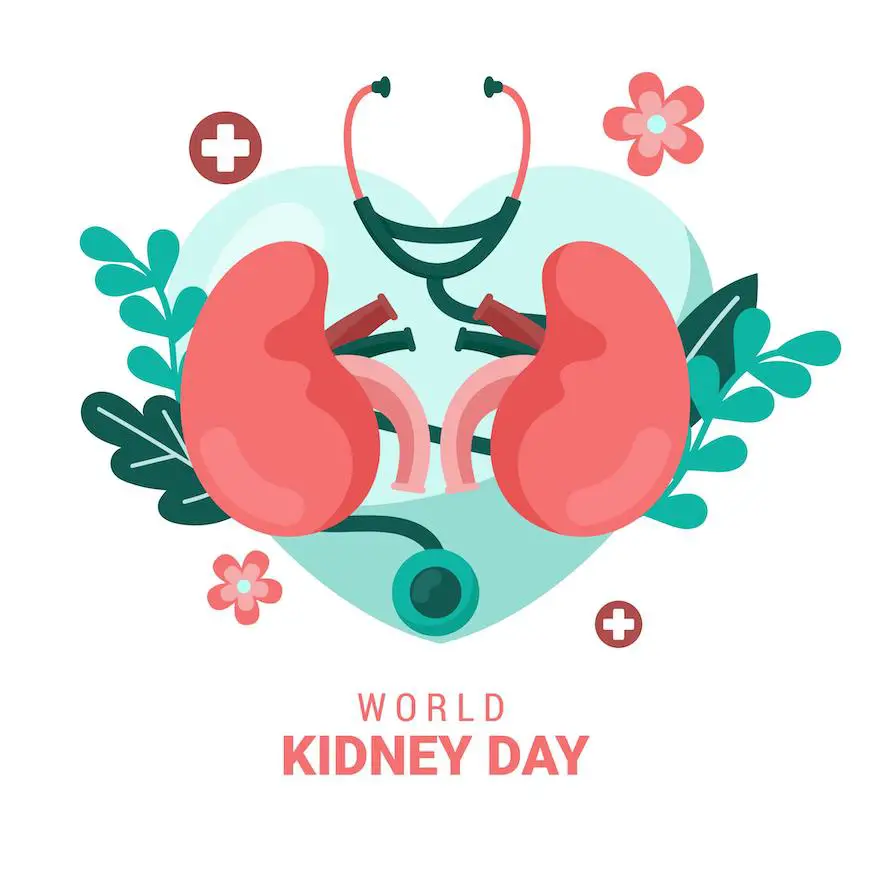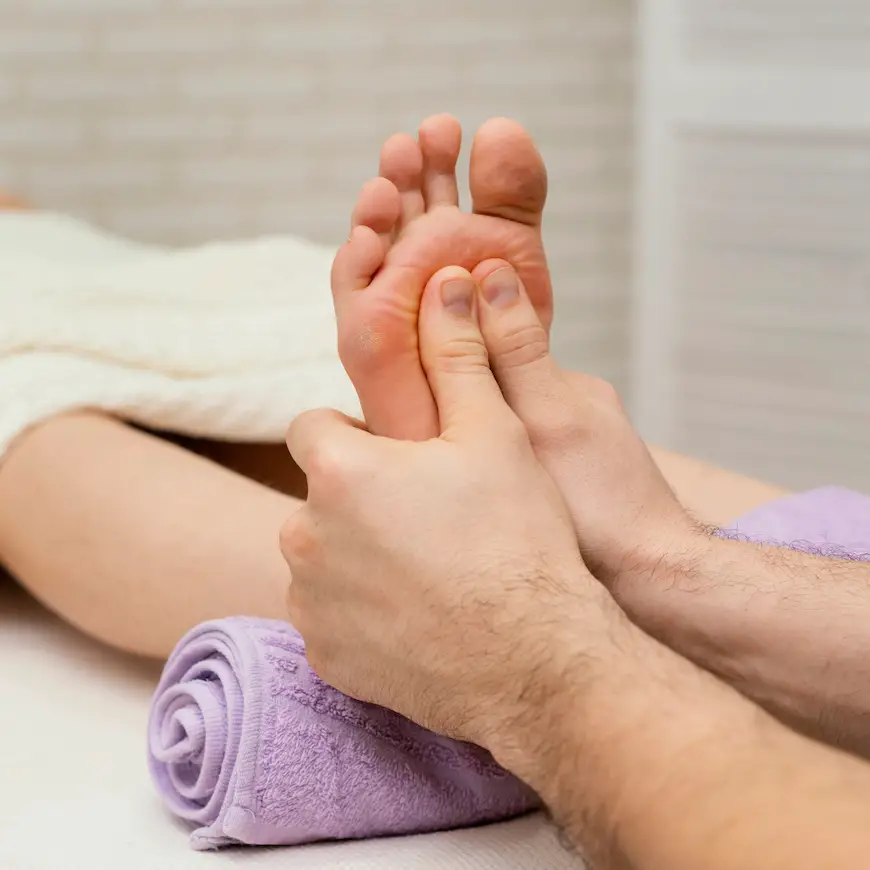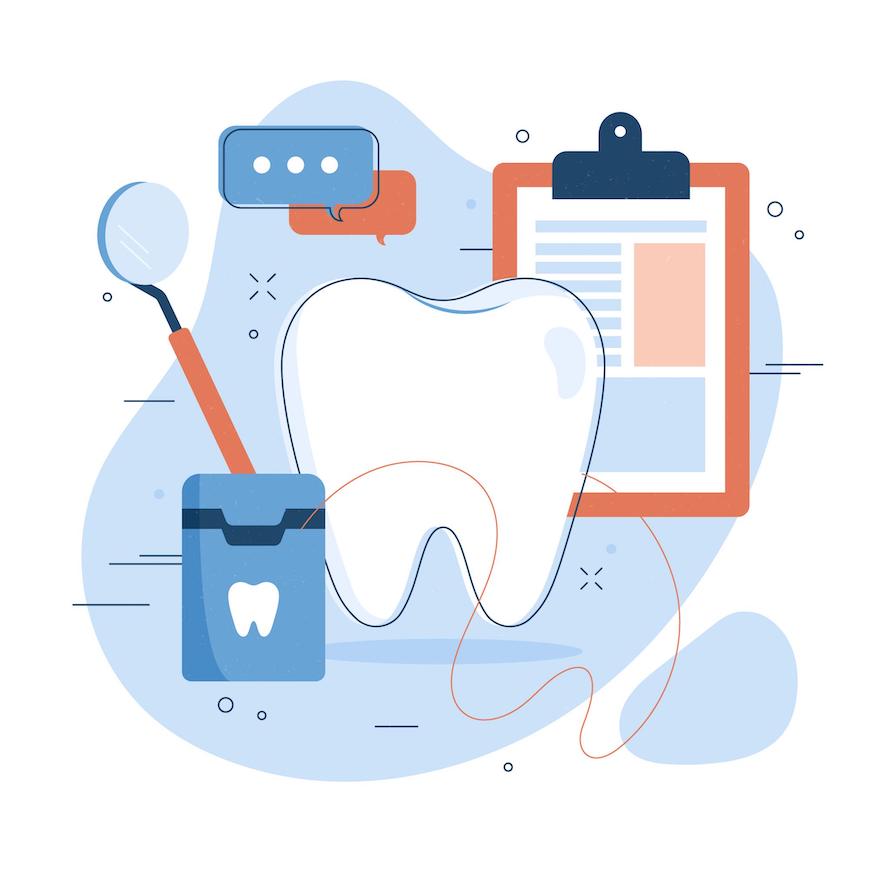The idea of willingly stepping into cold water may not sound appealing, but cold showers offer numerous benefits that many people do not know about. Therefore, throughout this article, we will be sharing many benefits of this kind of therapy. Many issues can be seen nowadays, especially on social media that many top athletes often use ice baths, and research backs the advantages. Simply your lifestyle will change your overall health will improve. These advantages include improved metabolism, mental health boosts, reduced stress, and relief for aching joints. Experts share why you should consider incorporating cold showers into your routine.
In this article, you will learn about benefit of cold shower, risks of cold showers
What is Cold Therapy?
Cold therapy involves immersing yourself in cold water, a practice that dates back to Ancient Greece, originally used for relaxation and socialization. Today, trendy cold baths like the Plunge or Ice Pod are marketed as part of a holistic approach to health. However, you don’t need expensive equipment to practice cold therapy, just swimming in an unheated pool or taking a cold shower can provide the same benefits.
The Benefits of Taking a Cold Shower
Here’s what is known about the potential benefits of cold showers, and the strength of the evidence for each benefit.
-
Calms Itchy Skin:
Cold showers can help alleviate itchy skin and reduce the urge to scratch. According to Dr. Adam Friedman, cold water can be particularly soothing for those with conditions that cause skin irritation.
-
Wakes You Up:
The shock of cold water hitting your body increases oxygen intake, heart rate, and overall alertness, making it an effective way to start your day feeling more awake.
-
Increases Circulation:
Cold showers promote better circulation by causing blood vessels near the surface of the body to constrict, which increases blood flow to deeper tissues. This can help maintain an optimal body temperature and improve cardiovascular health by reducing inflammation.
-
Reduces Muscle Soreness Post-Workout:
Exposure to cold water has been shown to help reduce muscle soreness and fatigue following intense workouts. This makes it a popular recovery method for athletes.
-
May Aid in Weight Loss:
Some studies suggest that cold showers can assist in weight loss by encouraging the body to burn fat more efficiently and improving insulin resistance.
-
Improves Skin and Hair Health:
Although there is little scientific evidence, anecdotal evidence suggests that cold water can improve skin and hair. Wellness expert always notes that cold water tightens blood flow, giving skin a natural glow and helping preserve the sebum layer, a protective barrier that prevents dryness and damage to both skin and hair.
How to Take a Cold Shower
If you’re new to cold showers, start gradually. Doctors suggest switching to cold water for a few seconds at the end of your regular shower as a start to get used to it, breathing deeply, and moving the water across your body. However, for a cold shower to be effective, the water temperature should be below 15°C. Be sure that cold therapy is most beneficial when done in the afternoon or evening since the body is more sensitive to cold in the morning when the core temperature is at its lowest. In addition, after that, you can start adding more cold water to your body to get used to it. As the next step ice bath, you can also gradually interfere in it. Do not think that every step can be done as quickly as possible it is not healthy.
Duration of a Cold Shower
Thankfully, you don’t need to endure long cold showers to benefit. A study in the Netherlands in 2016 found that taking a cold shower for 30 to 90 seconds can reduce the number of days of illness by 29 percent. Doctors always recommend starting with just a few seconds and gradually increasing exposure by five seconds with each shower, eventually reaching at least 30 seconds.
While cold showers offer many benefits, there are times when hot showers may be more appropriate. Studies show that hot baths can also help relieve depressive symptoms and improve sleep quality. Hot water can soothe sore muscles after exercise, but prolonged hot showers may dry out your skin and hair.
Risks of Cold Showers
Cold showers might not be the best choice if you’re already feeling cold, as the cooler temperature won’t help warm you up. It could make you even colder and extend the time it takes for your body to return to a comfortable temperature.
Cold showers may also not be ideal if you’re sick. The initial shock of the cold water can be taxing on your immune system, so it’s better to gradually introduce cooler temperatures rather than jumping straight into cold showers.
Since much of the research on the benefits of cold showers is still limited, it may not be worth trying them if you dislike cold water, especially in the morning.
Conclusion
In conclusion, cold showers are a simple and accessible way to enjoy the benefits of cold therapy, offering a middle ground between comfort and health without diving into icy extremes.
You may have heard about the benefits of both cold and hot showers — but which one is best for you?
Factors like your health conditions, lifestyle, and personal preferences should be considered when determining which type of shower is most suitable for you.
Both hot and cold showers offer distinct benefits, so which one should you choose?
In an ideal scenario, doctors suggest taking a lukewarm shower—one that’s comfortable enough to tolerate—followed by applying moisturizer to damp skin to lock in hydration.
Another method to consider is the contrast shower, a technique developed lately:
- Start with the water as cold as possible and stand under it for 1 minute.
- Then switch the water to as hot as you can handle for 1 minute.
- Alternate between cold and hot water for 3 to 5 cycles, spending 1 minute in each temperature.
The benefits of contrast showers come from the way cold water constricts blood vessels, pushing blood to the body’s core, and hot water dilates the vessels, allowing blood to flow back through the muscles and organs. This alternating process is thought to improve circulation and overall body function.
Frequently Asked Questions


